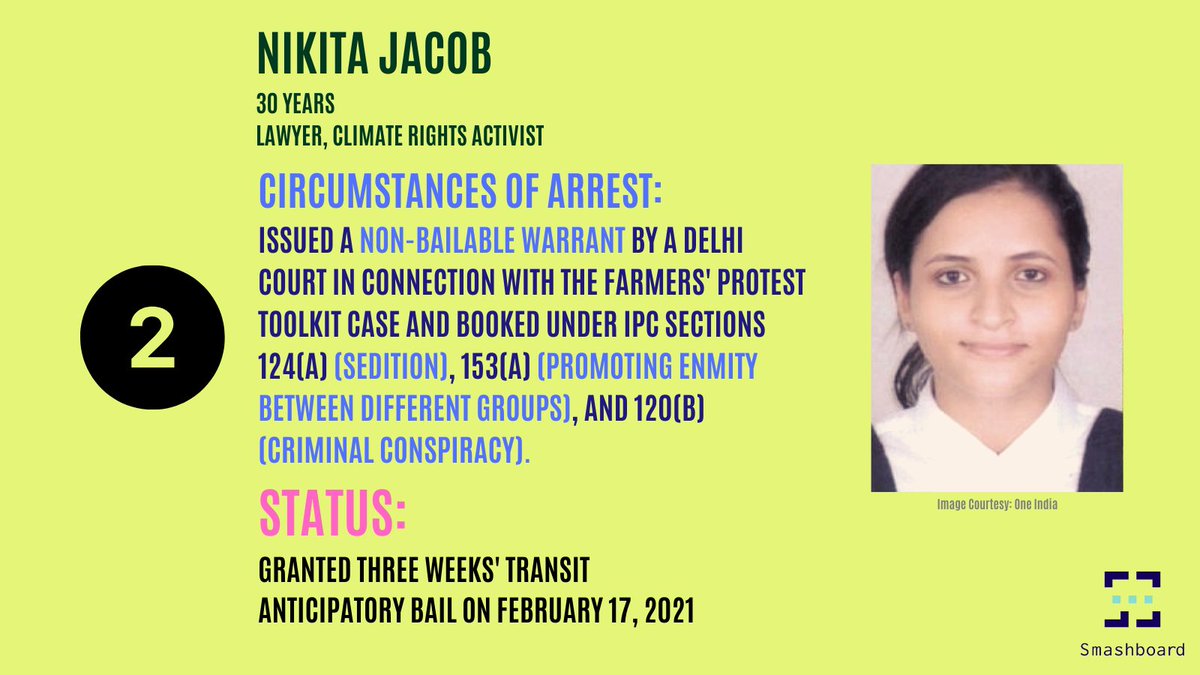
#Thread You need to keep talking about #caste to your dominant caste family members. Staying silent makes you complicit in casteist violence. It can be challenging, of course.
- What happens when you do try?
- What strategies should you use?
- Why you should do it.
- What happens when you do try?
- What strategies should you use?
- Why you should do it.
What happens when you challenge a family member about their #casteism?
- They are shocked and/or in denial
- You are afraid of hurting them or provoking their fury.
- If you are dependent on them, they might threaten to or withdraw their support
- They are shocked and/or in denial
- You are afraid of hurting them or provoking their fury.
- If you are dependent on them, they might threaten to or withdraw their support
- There is a lot of discomfort
- They may not be willing to change
- They may not be willing to change
Is it still worth it? YES!! In fact, this should not even be a question. You know best what you need for your survival but nothing changes if you don't rock the boat! Also, some people DO listen. UC (upper caste) people not talking about caste only makes a deadly system stronger.
What strategies to use?
- Begin with the basics—casteist people often don't see the humanity of those they have decided are "lesser" than them.
- Ask questions rather than lecturing
- Talk about what helped you change your own casteist mindset
- Begin with the basics—casteist people often don't see the humanity of those they have decided are "lesser" than them.
- Ask questions rather than lecturing
- Talk about what helped you change your own casteist mindset
- Listen to them carefully to find out what could help them make a shift
- Explain things clearly and firmly; give facts and figures where possible
- Draw boundaries (I will leave the room if.... etc.)
- Explain things clearly and firmly; give facts and figures where possible
- Draw boundaries (I will leave the room if.... etc.)
What to do if they don't listen?
- Get someone they'd listen to to do it
- Sometimes it has to be an ongoing conversation
- Send them links to anti-caste posts, articles, books
- Tell them you don't want them using casteist slurs, jokes, arguments around you
- Get someone they'd listen to to do it
- Sometimes it has to be an ongoing conversation
- Send them links to anti-caste posts, articles, books
- Tell them you don't want them using casteist slurs, jokes, arguments around you
- Leave if they don't listen
- If your survival doesn't depend heavily on them, cut ties
- If your survival doesn't depend heavily on them, cut ties
Why should you do this if there are anti-caste activists? It's exhausting for people from marginalised castes to do the work. It's not "their" problem. It's a problem created by people from dominant castes.
There are people dying, facing violence, and being deprived of what is rightfully theirs—that's reason enough.
Can someone be too old or too young for the subject There are people who are "too young" and "too old" who still face casteist violence. So why should anyone be too young or too old to learn not to be casteist?
Is the comfort of UC people more important than the lives of those who suffer the most under the system The obvious answer lies in these questions!
• • •
Missing some Tweet in this thread? You can try to
force a refresh





